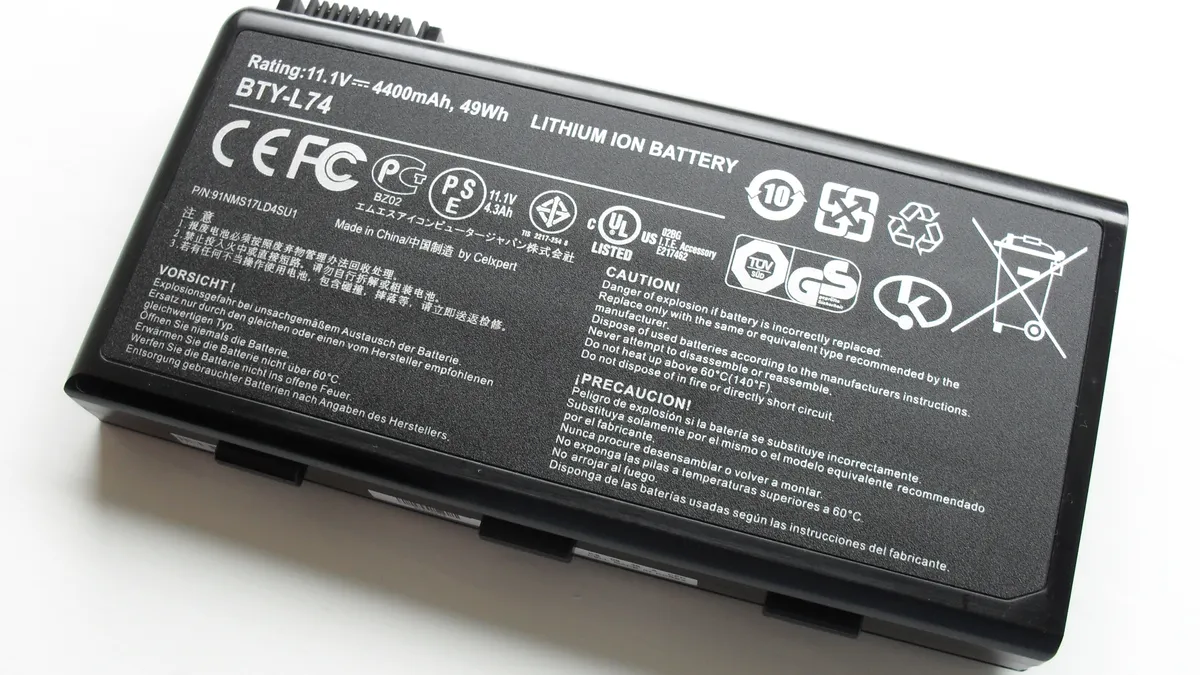Dive Brief:
- A team of researchers from the University of South Florida (USF) is pursuing a recycling method for rechargeable batteries that can extract lithium and cobalt using fungi, as reported by Forbes.
- Current methods for recycling these batteries require high amounts of energy for heat and use chemicals such as hydrochloric acid. The researchers have found that oxalic acid and citric acid generated by fungi have similar extraction properties.
- Researchers noted that this method is still in the proof-of-concept phase, but has a lot of potential. They will be presenting it at the annual American Chemical Society meeting this week.
Dive Insight:
Lithium-ion batteries have become ubiquitous in computers, phones, cameras and some electric cars. The price of lithium has risen in turn and because the mining process can be environmentally harmful many people have begun looking for more ways to recycle existing material. Making recycling processes cost-effective is still a challenge and this has driven researchers to find the most efficient methods possible.
Others have been working on fungi-related methods, but they required higher heat. So far, the USF team's method can't recover the same percentage of material as others but they say the environmental benefits balance out because less energy is required in the process.
Similar leaching methods have proven successful for recycling gold and other materials from circuit boards. As electronic devices become smaller they also become harder to recycle and e-waste advocates have begun calling for companies to put more effort into this area. A recent survey conducted by Greenpeace found that a majority of respondents think phones should be "designed to last" and more easily repairable.















